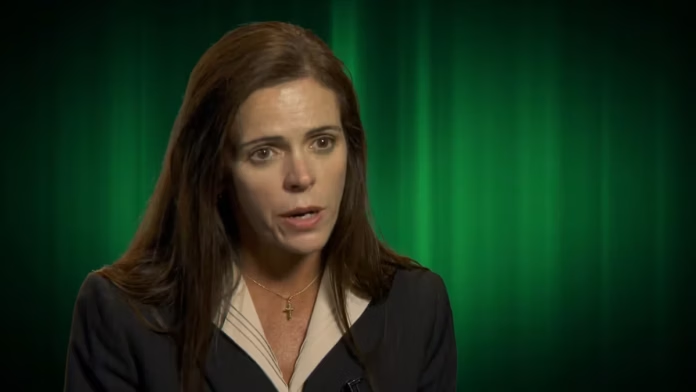
Case Brief:
- Federal Judge’s remarks trigger bias accusations in Depo-Provera MDL.
- Chief Judge accepts explanation; dismisses ethics complaint.
- Raises broader concerns over judicial accountability and recourse mechanisms.
By Samuel A. Lopez – USA Herald
FLORIDA – In a significant development stirring debate about judicial impartiality, Chief U.S. Circuit Judge William Pryor has dismissed an ethics complaint against U.S. District Judge M. Casey Rodgers, who was accused of gender bias in her handling of multidistrict litigation (MDL) involving the contraceptive drug Depo-Provera.
In MDLs, judges typically appoint attorneys to leadership positions to efficiently coordinate pretrial proceedings, represent collective interests, manage discovery, and streamline communications among multiple plaintiffs and defendants.
The controversy arose after Judge Rodgers, presiding in the Northern District of Florida, emphasized the importance of female representation in leadership roles during a case management conference. Her statement, asserting the need for gender diversity within the MDL leadership, was perceived by some as discriminatory against male attorneys.
The conservative legal advocacy group, Article III Project, swiftly lodged a formal complaint accusing Judge Rodgers of “impermissible bias,” asserting that her statements implied gender would unfairly influence her decisions about attorney leadership appointments.
Responding to the complaint, Judge Rodgers clarified her position through a letter addressed to Chief Judge Pryor, expressing regret over any misunderstanding created by her remarks. She strongly denied any actual discriminatory intent, writing:
“Although I have never engaged in impermissible discrimination when selecting attorneys for MDL leadership positions or in any other facet of my work, I acknowledge that my statements could be construed as creating a preference for female attorney representation.”
Following the complaint, Judge Rodgers amended her original order, explicitly removing gender considerations from the criteria for selecting leadership positions. She then conducted hearings with nearly 70 applicants, assuring participants that decisions would be based purely on individual merit, unequivocally stating that no preference would be given based on gender.
Chief Judge Pryor, satisfied by these corrective actions, ruled that Judge Rodgers’ explanation and subsequent steps were sufficient to address the concerns of perceived bias, and therefore dismissed the complaint. In his formal dismissal, Pryor stated:
“In light of these developments, I conclude that Judge Rodgers has taken appropriate voluntary corrective action that acknowledges and remedies the problems created by her statements.”
However, the dismissal decision has sparked a broader conversation regarding accountability and transparency within the judiciary. Judicial bias, particularly when nuanced or subtly expressed, remains notoriously difficult to challenge effectively, given judges’ extensive knowledge of legal standards and the general deference courts show toward judicial explanations of intent.
When perceived judicial bias emerges clearly, litigants and observers often question what further recourse remains available beyond an explanatory statement from the judge in question. Instances of clearly articulated bias typically call for additional remedial measures, such as mandated sensitivity training or formal censure. Yet, this outcome has left some observers feeling justice was only partially served.


